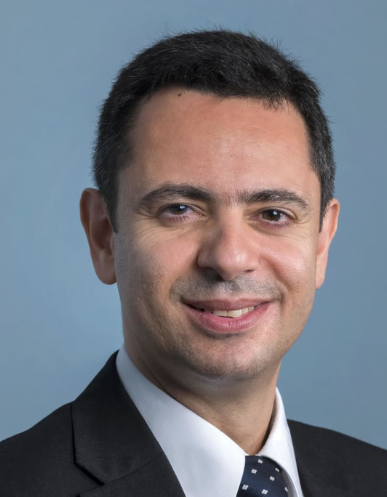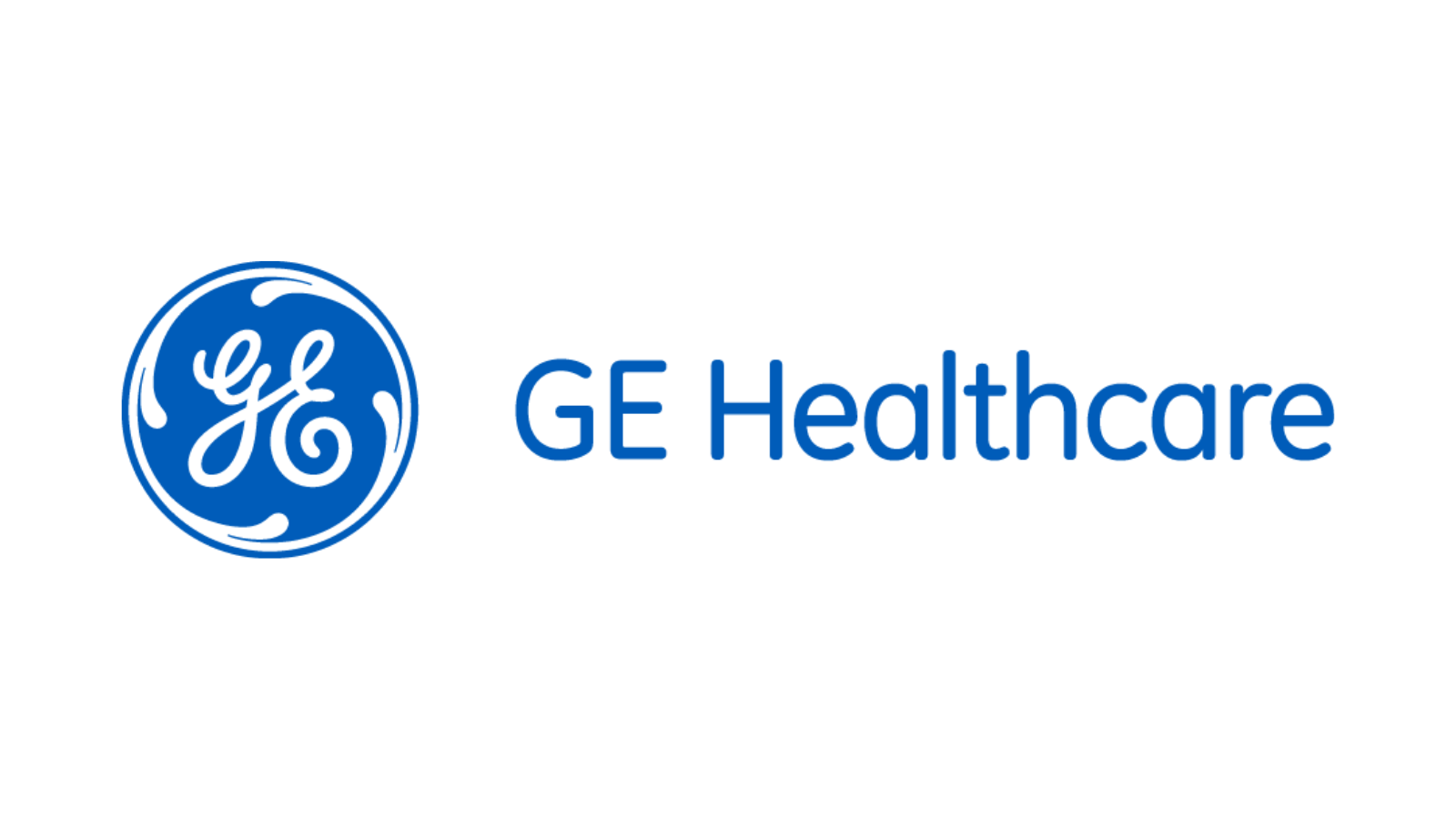COPD/CAD model development and validation
Work package five
The COPD / CAD Model Development and Validation work package is developing technology to maximise the clinical information gathered during a single CT exam study of the chest, to allow for earlier treatment of patients who have underlying, unrecognised diseases or conditions such as Chronic Obstructive Pulmonary Disease (COPD) and Coronary Artery Disease (CAD).
Smokers enrolled in Lung Cancer Screening programmes have significant comorbidity, including coronary artery disease and COPD, which across the UK costs the NHS £1.9 billion/year. There is intense research interest in improved disease management of COPD. The development of an easy to acquire and use AI imaging algorithm to better correlate imaging with COPD clinical symptoms and severity has significant clinical and research potential, and is applicable to all chest CT scans performed for whatever reason.
Project aims
The study aims to automate the identification of comorbid states (COPD and CAD) related to or caused by lung cancer. We are developing and implementing machine learning models to be used across the lung cancer pathway, with emphasis on the use of data generated during routine, rapid screening.
GEHC and Oxford academics together are developing and validating an algorithm in COPD to triage further clinical assessment in these patients. With data scientists in GEHC, we are building on Gleeson’s recently published work on lung modelling in smokers using non-contrast CT imagery and easily obtained spirometry data. We are developing an algorithm linked to clinical outcomes that are computationally efficient and vendor-neutral. Calcium deposits in the coronary and large vessels are correlative with high-risk of CAD. Radiomic features that relate to image texture within lesions are likely to yield complementary information that may be used in AI models of lesion classification or outcome prediction. A GEHC-funded PhD project will focus on image analysis and feature extraction from lung CT scans, and the development of predictive models based on multi-variate inputs where radiomics features may be combined with other suitable variables.
Work package 5 is led by Prof Fergus Gleeson, supported by Prof Charalambos Antoniades and Dr Minsuok Kim. GEHC is the industrial partner.



